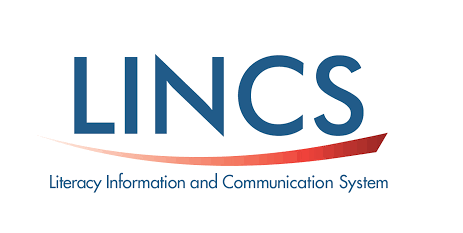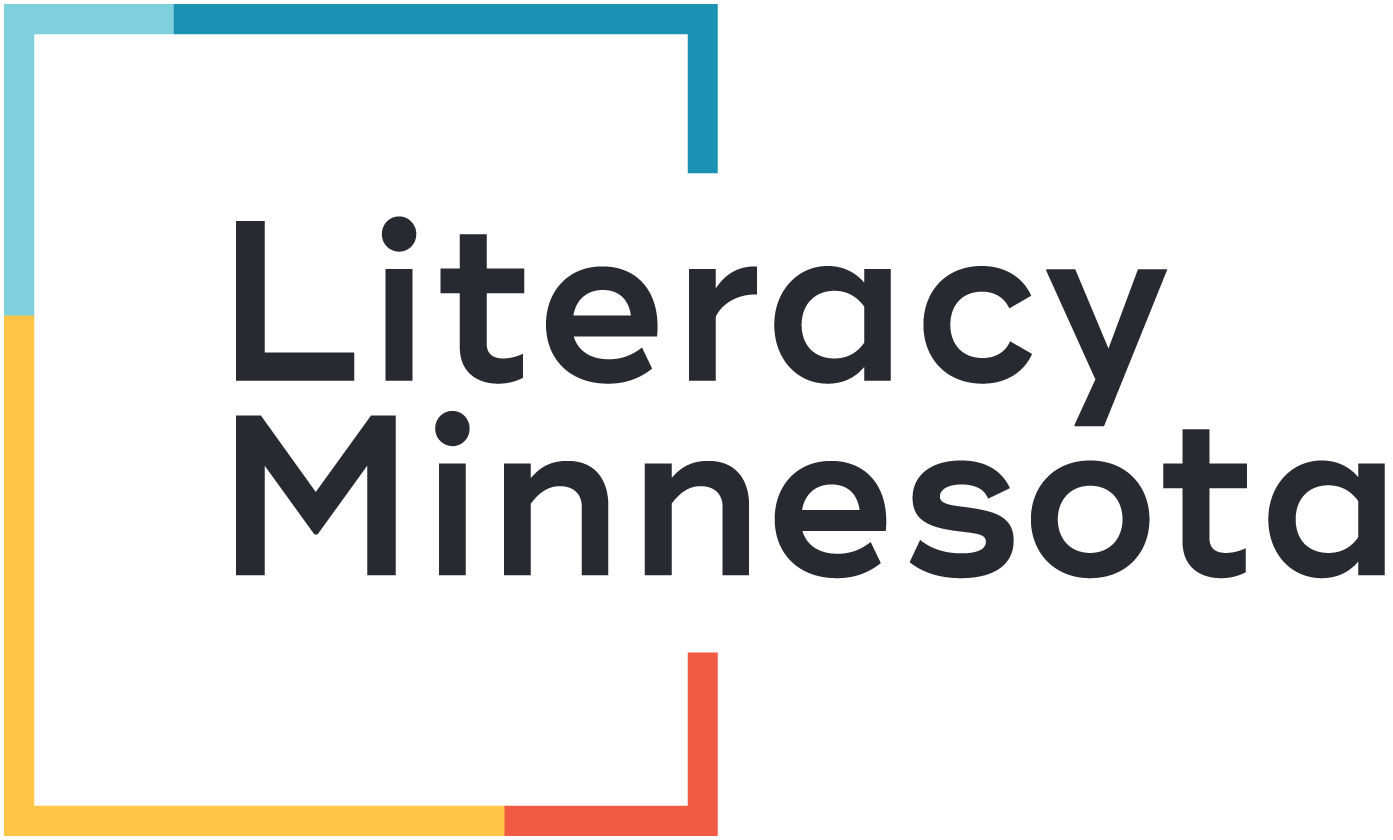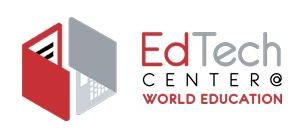VALRC: Math Instructor Support Group
4th Monday of each month from 4:00–5:00 p.m.
4th Monday of each month from 4:00–5:00 p.m.

How can we help anxious students succeed in our classrooms? The pandemic triggered a large increase in the number of students who suffer from anxiety and depression. Trauma and chronic stress lead to anxiety and depression and make learning a challenge. Join the LINCS Community Reading & Writing and Teaching &Learning groups to learn more […]
Most GED® and HiSET® high school equivalency test questions are at Webb's Depth of Knowledge levels 2 and 3. How can we help our students successfully answer these cognitively challenging questions? In this interactive session, you will learn several evidence-based teaching strategies that will help your students survive and thrive when tackling these tricky test […]
Data Office Hours is an hour long, ongoing monthly meeting for anyone involved in adult ed data collection and reporting. This session provides support for policy and practice related to NRS data collection. 1st Tuesday of Each month from 2:00–3:00 p.m.

Research shows that explicitly teaching a set of comprehension strategies is a great way to help intermediate-level readers maximize their understanding of texts. Come learn a handful of great comprehension tools that will help students develop critical thinking skills and comprehension skills.
COABE, together with national partners, is hosting this one day symposium to focus on racial equity and immigrant integration, prison literacy, digital equity, students as leaders, learning differences, and local program improvement. The hope is to provide each attendee with actionable tools that can be immediately used at the local and state level. Registration is […]

Many adult learners struggle with math instruction. Join this interactive event and discuss promising practices for using tutors to support math instruction in the adult education class. Explore how Universal Design for Learning can be incorporated into the math classroom. Be ready to share ideas, ask questions, and walk away with resources and ideas that […]

This webinar will guide practitioners in how to enhance their instructional strategies to account for the specific experiences and circumstances of newly resettled refugees. Special emphasis will be placed on trauma-informed practices.

This participatory webinar explores the impact that personal and community trauma has on adult learners’ ability to engage and persist, and then dives into strategies anyone can use to become more trauma-informed in educational settings. Visit this website to learn more!

Digital Inclusion practitioners have been working to end the digital divide for decades, creating their own community, definitions, resources, and gaining knowledge of what works and doesn’t. Digital Inclusion is a multifaceted issue that takes time to understand and NDIA is here to help!

The goal of the first EdTech Maker Space (ETMS) project, taking place in the summer of 2022, is to curate OER and align them to four Teaching Skills That Matter topics (Civic Education, Workforce Preparation, Health Literacy, and Financial Literacy). Along the way, participants will learn strategies for OER evaluation, skills/standards alignment, collaboration with edtech, and inclusive design. […]
Data Office Hours is an hour long, ongoing monthly meeting for anyone involved in adult ed data collection and reporting. This session provides support for policy and practice related to NRS data collection. 1st Tuesday of Each month from 2:00–3:00 p.m.

Pathway Home grants from the U.S. Department of Labor target re-entering citizens and provide adult education, training, and supports. Join the LINCS Community Professional Development group for an interview with Carl Betterson, the Coordinator of Savannah Technical College's U.S. Department of Education's Pathway Home grant, to learn about program implementation successes and challenges.

During these workshops, Rachel Riggs, Digital Learning Specialist, invites attendees to either bring ideas or tools they’d like to try out OR just come and observe while we explore new developments and strategies in educational technology. These will be casual workshops with no fixed agenda, no single presenter, and no pressure. Come as you are […]

Join this live discussion featuring clips from the Autism Goes to College Project and discover strategies that can be used to better support neurodivergent learners, as more than half of young adults with autism remain unemployed and unenrolled in higher education in the two years after high school.
The GED Testing Service Annual Conference is on July 13-15, 2022, at the Atlanta Marriott Marquis. There will be sessions on developing workforce skills and getting the most out of the GED by pursuing a college degree and applying for higher paying jobs. Visit this website for more information!

The goal of the first EdTech Maker Space (ETMS) project, taking place in the summer of 2022, is to curate OER and align them to four Teaching Skills That Matter topics (Civic Education, Workforce Preparation, Health Literacy, and Financial Literacy). Along the way, participants will learn strategies for OER evaluation, skills/standards alignment, collaboration with edtech, […]
Data Office Hours is an hour long, ongoing monthly meeting for anyone involved in adult ed data collection and reporting. This session provides support for policy and practice related to NRS data collection. 1st Tuesday of Each month from 2:00–3:00 p.m.
This discussion series is a space for discussion and sharing of best practices for supporting Spanish-language HSE preparation.
Are you looking for free online resources to teach ESOL at a distance? USA Learns offers five English courses that use multimedia to teach beginning and intermediate English. The interactive activities cover listening, vocabulary, grammar, spelling, pronunciation, reading, writing, speaking, and job skills. Brainstorm ways to use these materials in your class and learn to create your […]

There are everyday items that can assist students with learning disabilities and other learning difficulties who may be attending your literacy program, right now. These “tools” become low-tech assistive technology (AT) aides which provide strategic support for students during instruction and help them leverage their unique neurodiverse strengths! Participants will learn about and discuss different […]
Data Office Hours is an hour long, ongoing monthly meeting for anyone involved in adult ed data collection and reporting. This session provides support for policy and practice related to NRS data collection. 1st Tuesday of Each month from 2:00–3:00 p.m.
What is the foundation for successful remote instruction? What are the considerations that will help to reach and teach ESOL students, whether remote, in-person, or some combination of the two? If you are preparing ESOL classes amidst ongoing uncertainty, this webinar will help to identify the components of an effective communication plan, discuss ways in […]

Learners with limited English and literacy skills have unique needs for in-person and remote instruction. Participants will learn best practices and tips for success at this level. They’ll also get several ideas for routines, activities and resources to use in their tutoring sessions.

Behind every equation lies a story! Teaching how to read and understand equations in our science and math classrooms can illustrate how the two are connected and can be a powerful tool to guide critical thinking. Join us this month and let’s discover the importance of reading equations!